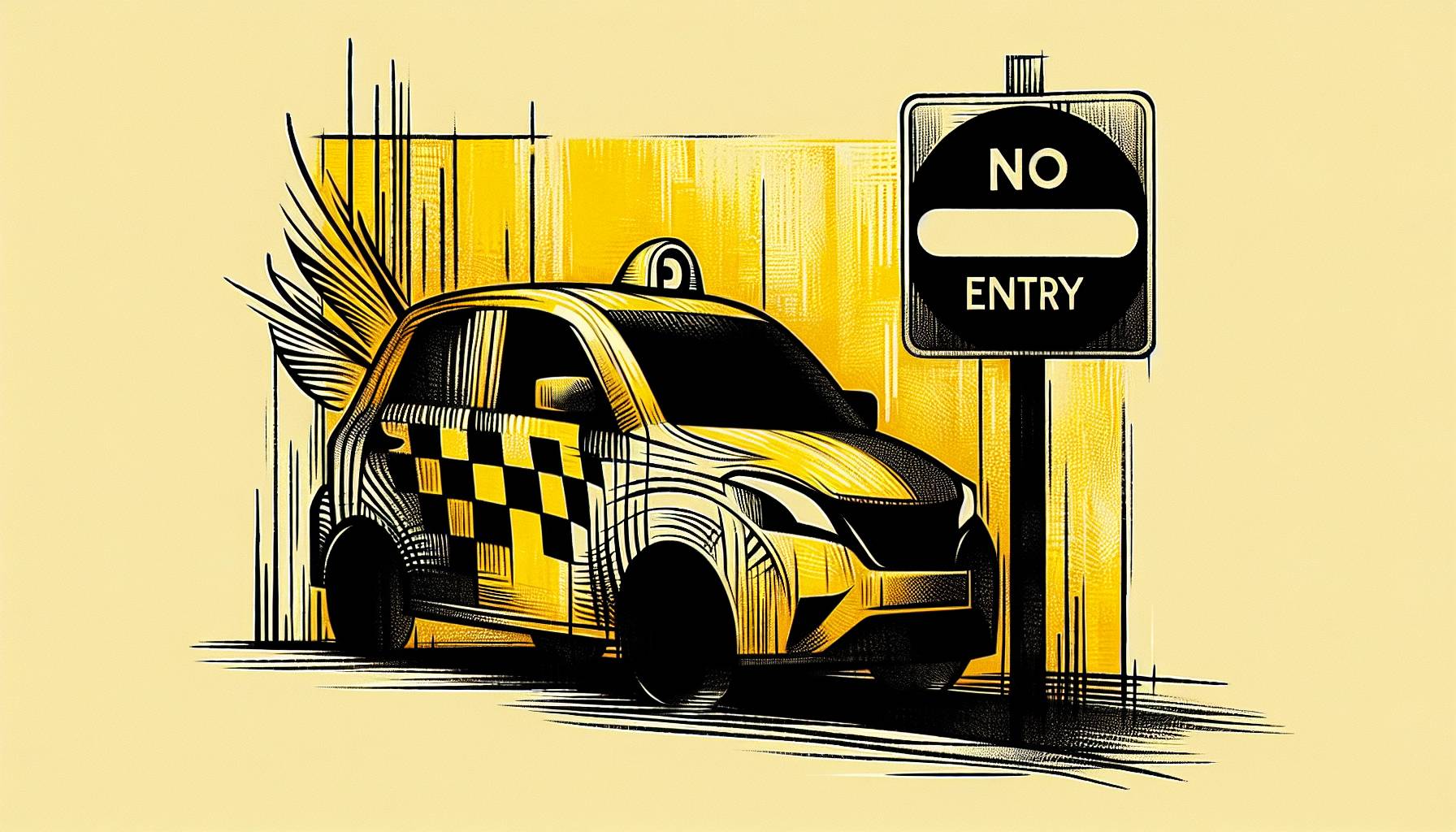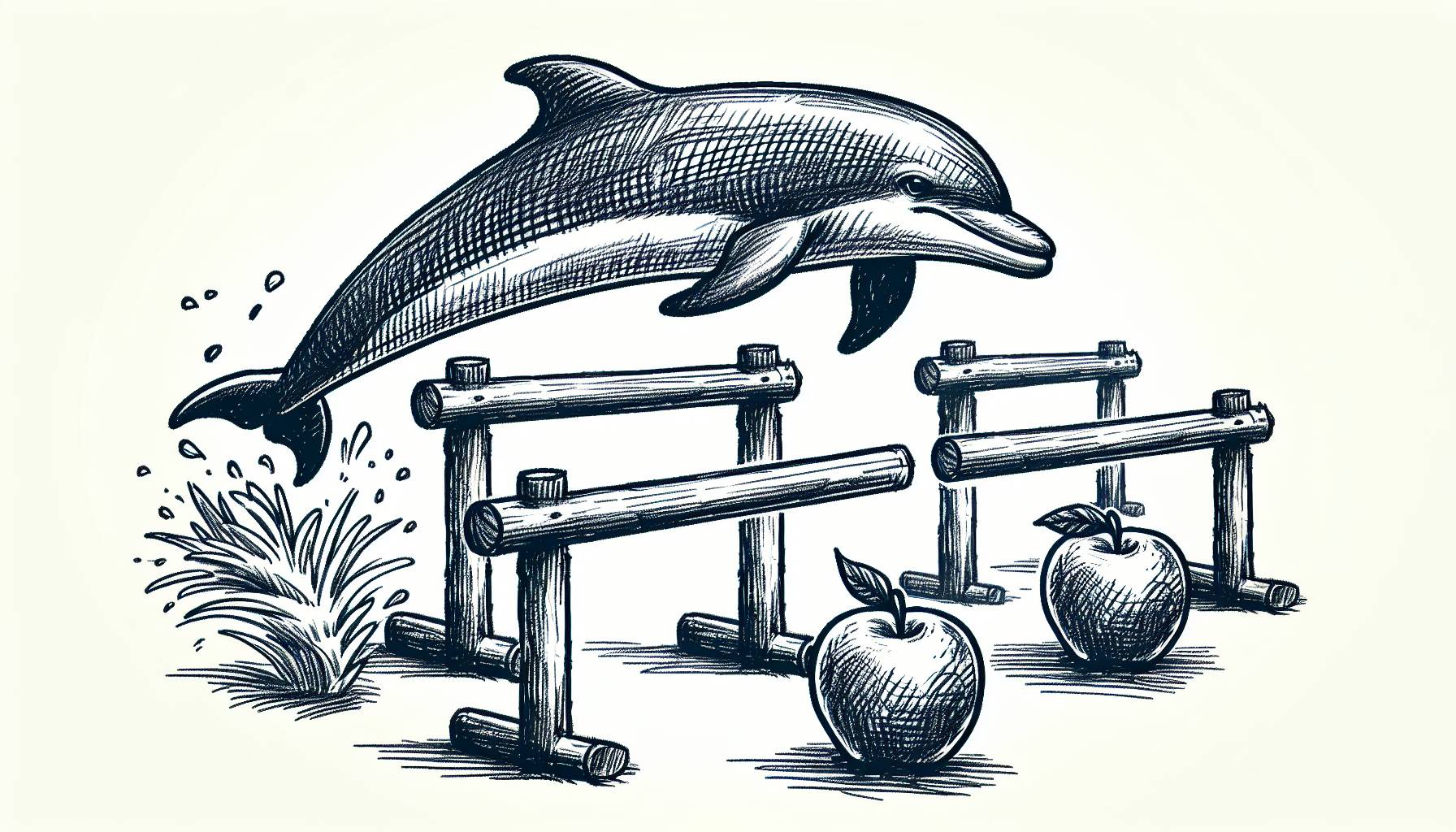The successor to Steve Jobs has to be someone who will take Apple (AAPL) in a new direction – one that would probably make Jobs mad.
And the person to do that is not Tim Cook.
Apple could draw lessons from a couple of very different sources. One is the story of IBM (IBM) in the 1950s; the other is venture capitalist Ben Horowitz’s observations about “one” people versus “two” people. (Hint: Jobs is a one and Cook is a two. Bill Gates was a one and Steve Ballmer is a two.)
Jobs, who has been battling cancer, has taken a medical leave. Cook is running Apple in his absence, and seems to be the likely next CEO if Jobs doesn’t return. There are no other apparent successors to Jobs at Apple. While Cook is smart and talented, everything you need to know about his nature relative to Jobs is in this passage from a recent New York Times story:
“While Mr. Jobs is mercurial and prone to outbursts, Mr. Cook, who was raised in a small town in Alabama, is polite and soft-spoken. While Mr. Jobs obsesses over every last detail of Apple’s products, Mr. Cook obsesses over the less glamorous minutiae of Apple’s operations.”
Two distinct types of leaders
Last fall, I had a long conversation with Horowitz about ones vs. twos, and he recently wrote about the subject in his blog. Horowitz is half of Andreessen Horowitz, the most talked-about new VC firm in Silicon Valley, and he’s known for having an eye for CEO talent. He says he can immediately tell a “one CEO” from a “two CEO.” Ones are typically founders. They are bull-headed and courageous. They tell people what they think, not what they think people want to hear. They see openings and get flashes of creativity. They can take in all of what’s happening at a company and see it from a higher level, the details blurring into instinct.
The twos pay attention to details and getting things done. But, Horowitz says, the twos almost never develop the instinct of a one. Twos, Horowitz says, “want to have data to base a decision on. When does ‘we think this is right’ trump ‘we know this is right?’ For a two – it’s never.”
Ones are rarely succeeded by other ones, because ones don’t really like to have other ones around. They like and need twos and promote them to top positions. So what seems likely to happen at Apple is fairly common: the dynamic one CEO will be followed by a two, who will keep things on track for a while. But when the company needs to do something bold and creative, the two CEO won’t be able to pull it off, and the company will stall.
Why IBM thrived in the 20th century
We’ve seen it at Microsoft (MSFT). If Cook gets anointed by Jobs, we’ll probably see it again at Apple. A way to avoid this is to give the CEO job to another person who is a one. A rare time that happened at a tech company was at IBM in 1952, when Thomas Watson Sr., who built the company, handed the reins to his son, Thomas Watson Jr.
Of course, that was a bit rigged, but the family connection was the reason a one was in position to take charge. Watson Jr. was definitely, like his father, a one. All the other executives that Watson Sr. had kept around him were twos. Watson Sr., like Jobs, had built a company that was brilliantly innovative in the most intriguing information technology of the day: electromechanical punch card machines. If Watson Sr. had been succeeded by a two, IBM would’ve continued to make punch card machines – and gotten creamed in the 1950s by the new generation of electronic computers.
Watson Jr., though, loved the new electronics, ditched his father’s technology legacy, and re-started IBM for a new age. It’s a big reason why this year marks IBM’s one-hundredth anniversary.
If Apple is going to be around for 100 years, it’s going to need another one CEO who will do what the young Watson did: take Apple in a bold new direction – a direction that Jobs probably never would’ve considered. Besides, after the iPod in 2001, iPhone in 2007, and iPad in 2010, what could Apple do next? A two will improve on those products. A one would be willing to kill them if he had to.
Kevin Maney is the author of two histories of IBM, and an upcoming book, The Two-Second Advantage, that includes Horowitz’s observations.












